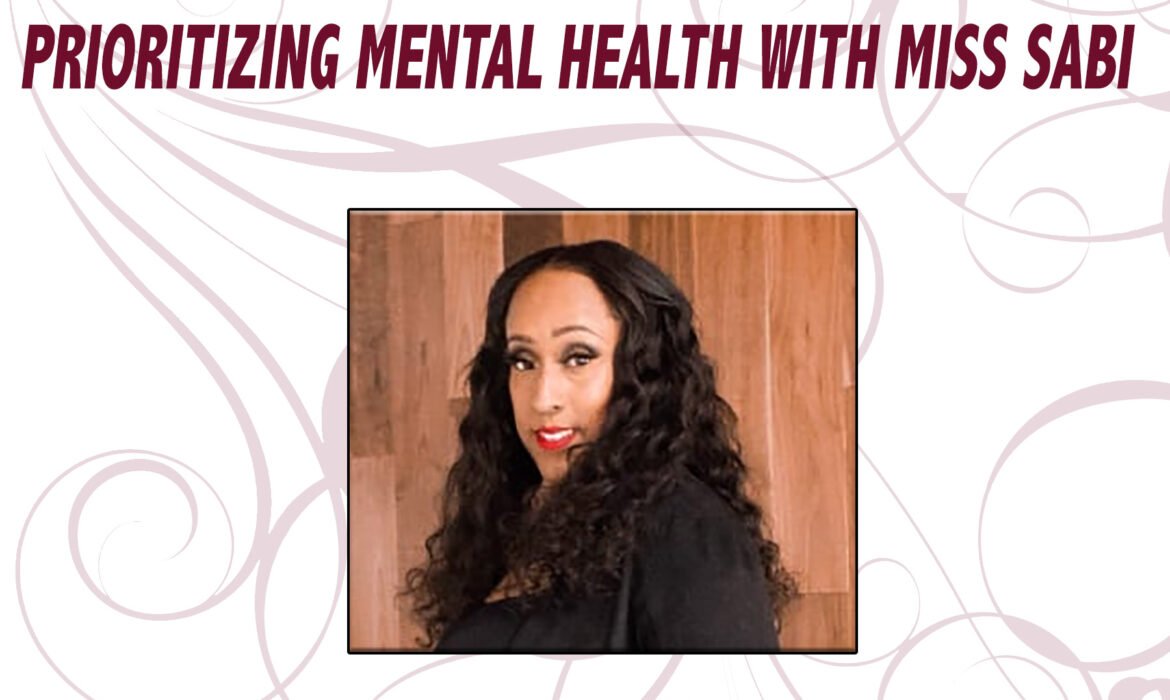Salutations,
First of all, how is summer already over, and how is it already October? This summer truly flew by in the blink of an eye. Even though it felt like it only lasted 10 days, it definitely goes down in the books for me: I lived, I loved, I laughed, built new friendships, and I feel like I’m blossoming into a new and improved version of myself. I couldn’t be more excited for this next chapter!
While I’ve taught in a variety of schools and programs, one thing I’ve noticed is this: the students who struggle the most are not always the ones with diagnosed learning difficulties—it’s often the ones who are simply disorganized. Picture this: “Alright, class, put your books away, it’s time for the test.” And then I hear, “Miss, we have a test today?!” Yes, the same test I announced every day for a week, wrote on the board, posted on TEAMS, and sent an email to you and your parents about — insert rolling eyes emoji here LOL.
When I was growing up, I loved the school-issued agenda we received each year. I would write everything down and, once I finished a task, I’d cross it out. That simple act gave me such satisfaction and a sense of control. It became a habit that carried me all the way through university. But since becoming a teacher, I’ve noticed that students rarely use their agendas anymore—and we essentially have technology to thank for that. Schools still recognize the importance of agendas and staying organized, but many have shifted to digital versions—or even eliminated paper ones altogether, arguing they aren’t worth the cost since students don’t use them consistently. While digital agendas are better than nothing, I’ve noticed that students often don’t use them effectively. And honestly? My own experience proves the point—every time I open mine on my phone, I get sidetracked and find myself checking notifications from other social media apps. But here’s the catch: with cell phones now banned in youth-sector schools in Quebec, digital agendas aren’t always accessible. While private schools may provide laptops or tablets, many public schools simply can’t afford to, leaving students to share devices—a setup that’s far from practical. I can’t count how many times I reserved the one laptop cart assigned to our wing, only to discover it had “disappeared” into another classroom without being signed out!
Well, you know I have to hit you with some science…
Recent research confirms what many of us have already suspected: paper agendas give students a competitive edge. Writing on paper encourages a “big-picture perspective,” helping students plan more effectively and follow through—a benefit digital tools often don’t provide unless used with intention. Neuroscience reveals that handwriting enhances memory by engaging multiple brain regions and promoting active processing, rather than passive transcription.
A significant issue with digital tools is distraction, which I already confessed is something I struggle with myself. Digital tools often invite interruptions—such as notifications, apps, and multitasking temptations—that pull students off track. Paper agendas, by contrast, provide a quiet and focused environment for genuine planning.
Ultimately, research reminds us that staying organized isn’t just about productivity—it’s also about protecting our mental wellness. When students use an agenda as an organizational tool, it reduces stress by shifting “mental clutter” onto paper and offering a sense of control—both of which support mental wellness. And let’s not underestimate the simple joy of crossing off a completed task—my personal favorite, as I’ve mentioned before.—what psychologists call the progress principle. That sense of accomplishment from marking something as done boosts motivation and reinforces good habits over time, all of which support peace of mind.
So, while digital planners have their benefits—portability, syncing, reminders—the science makes clear: paper agendas remain the stronger tool for helping students stay organized, remember their tasks, and actually get things done. Sometimes, the old-school way really is the smartest way. There’s just something about paper—and that’s one of the reasons I appreciate the Montreal Community Contact so much: it’s still in print!
Alright, here’s your homework: this week, buy (or dust off) a physical agenda for yourself—and for your children, if you have them. Sit down together and write out the week’s tasks, assignments, or even household chores. Each evening, take five minutes to review the agenda, check off what has been done, and add any new items. Pay attention to how it feels to cross things off, to see your progress in writing, and to enjoy that simple but powerful sense of control—and peace of mind.
Yours in paper, progress, and purpose,
















